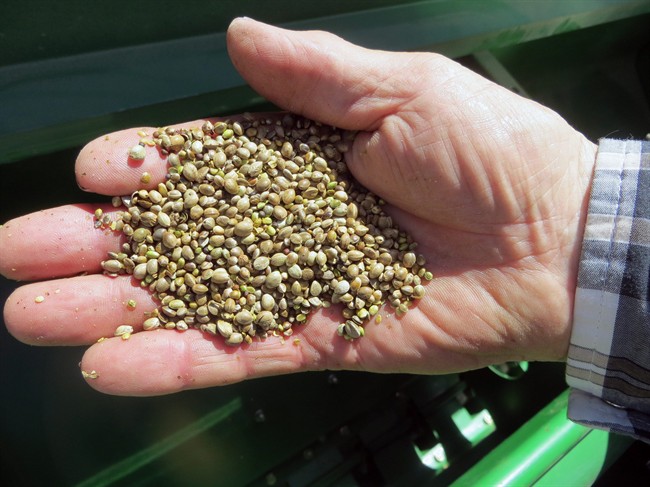Sometimes the most powerful of superfoods are already sitting in our kitchens. While the term generally refers to fruits and vegetables that can do a number of things for one’s health, experts say many of them are overlooked.

READ MORE: 8 superfoods that aren’t worth the hype, according to experts
Below, experts share their top underrated superfoods, those that are often inexpensive, taste delicious and can be found in a majority of grocery stores. And while they may not necessarily be fancy or promise to stop you from bloating, they are full of nutrients to get you through the day.
Onions
Psyllium husk
Kyle Byron, a Toronto-based nutritionist, says psyllium husk has a lot of fibre. The ground-up grain, which is also gluten-free, can be added to smoothies to keep you regular.
READ MORE: Crickets, the new superfood?

Get weekly health news
“It also will reduce cholesterol, the same way they advertise oatmeal and beans — it’s the soluble fibre. Soluble fibre also keeps us full longer which helps control body composition,” he says.
Sardines
Berries
Lentils

She adds a 3/4 cup of cooked lentils has six grams of fibre and 13 grams of protein. And the best part? They are grown in Canada and are inexpensive. “They deserve to be on regular rotation in your diet. We tend to overlook legumes because they are so simple, but they are powerful.”
Cauliflower
READ MORE: Superfoods to aid fertility and pregnancy
Tempeh
Unpasteurized sauerkraut
This sauerkraut is made with three simple ingredients: cabbage, salt and probiotic bacteria. “Make it yourself for an easy and affordable fermented food to include each day,” Fetterly says. “Cabbage is a great cancer-fighting cruciferous veggie, she adds. “Cabbage itself is a superfood but becomes even more super once fermented.”
Hemp Seeds

And if you follow a plant-based diet, you should note these seeds (that can be used in everything from smoothies to salads to oatmeal), also contain a hefty dose of iron and manganese, in addition to magnesium and zinc, she says.















Comments
Want to discuss? Please read our Commenting Policy first.